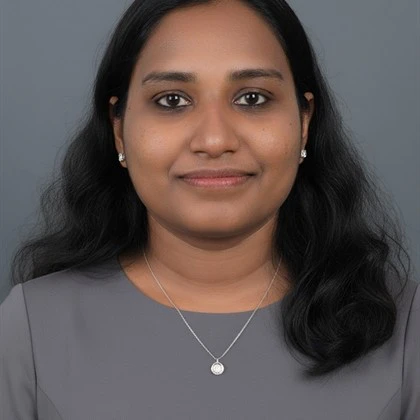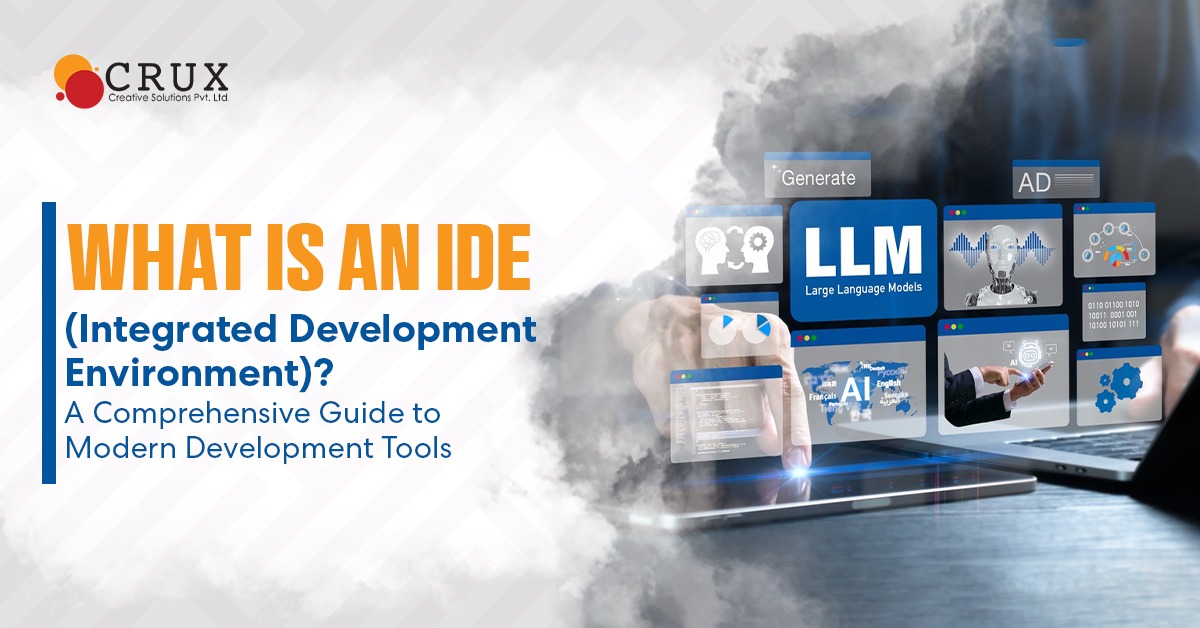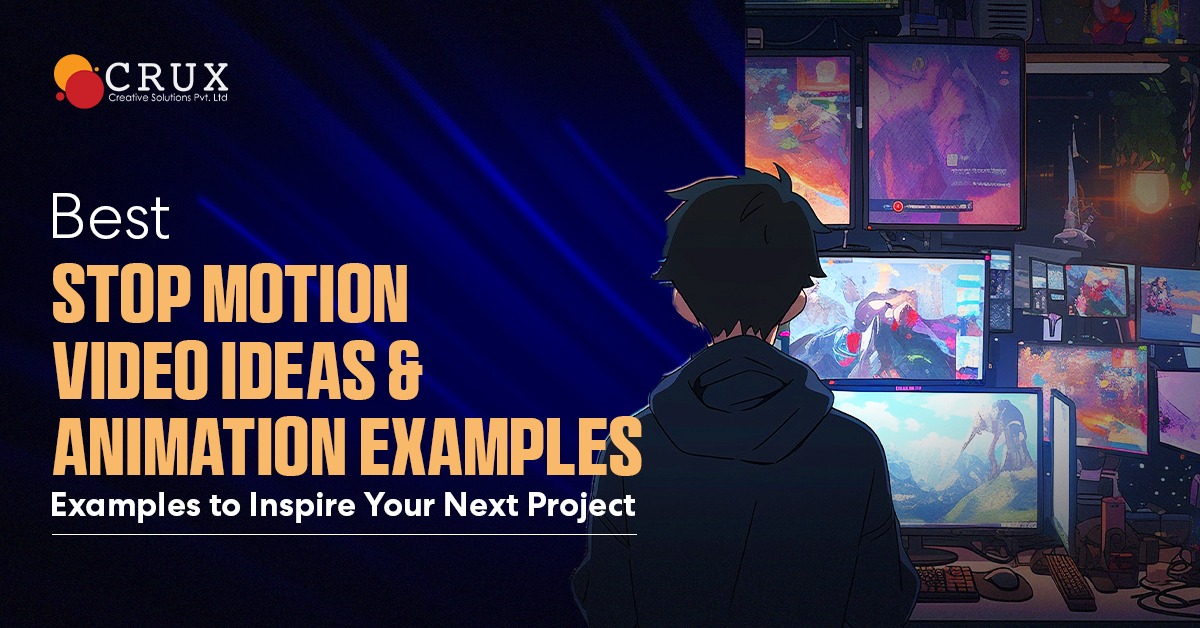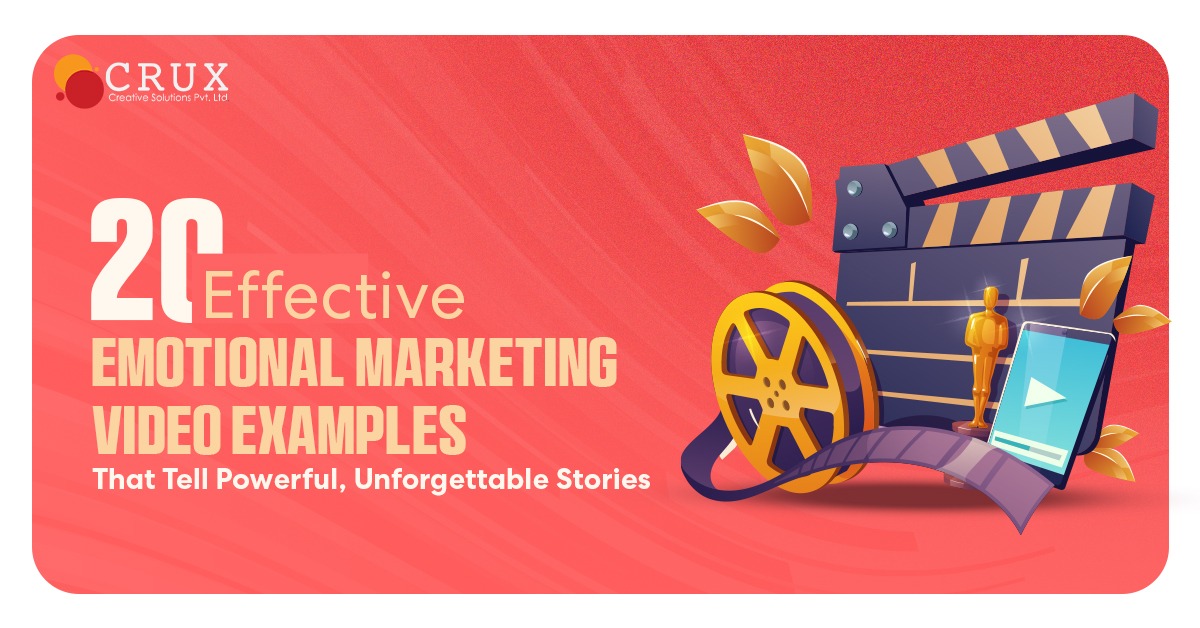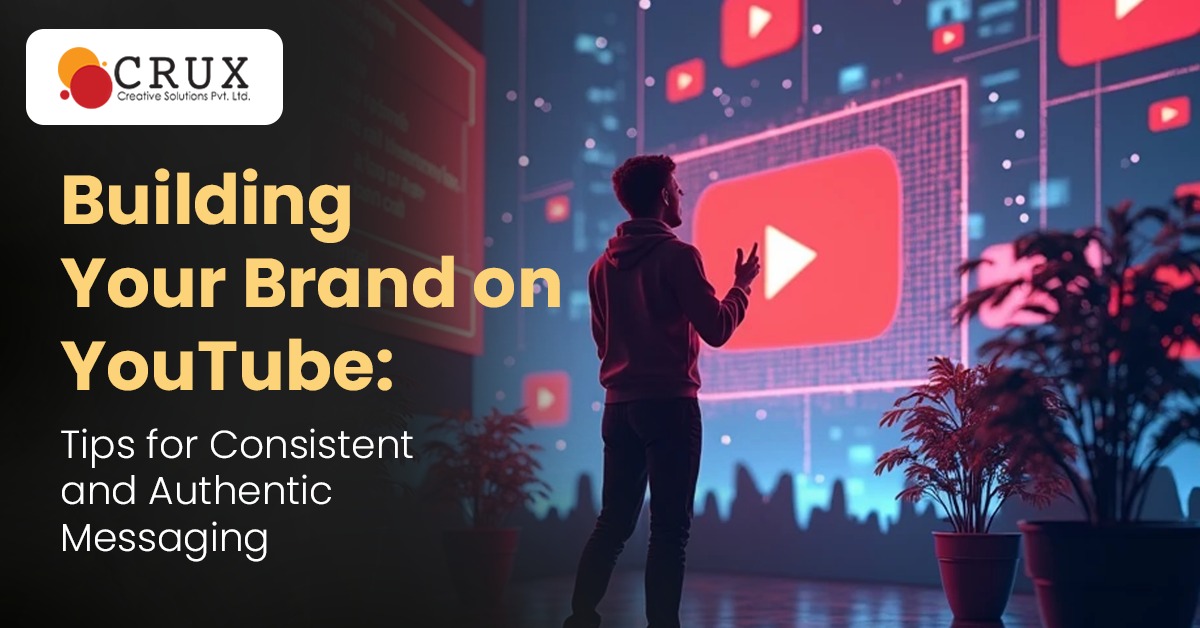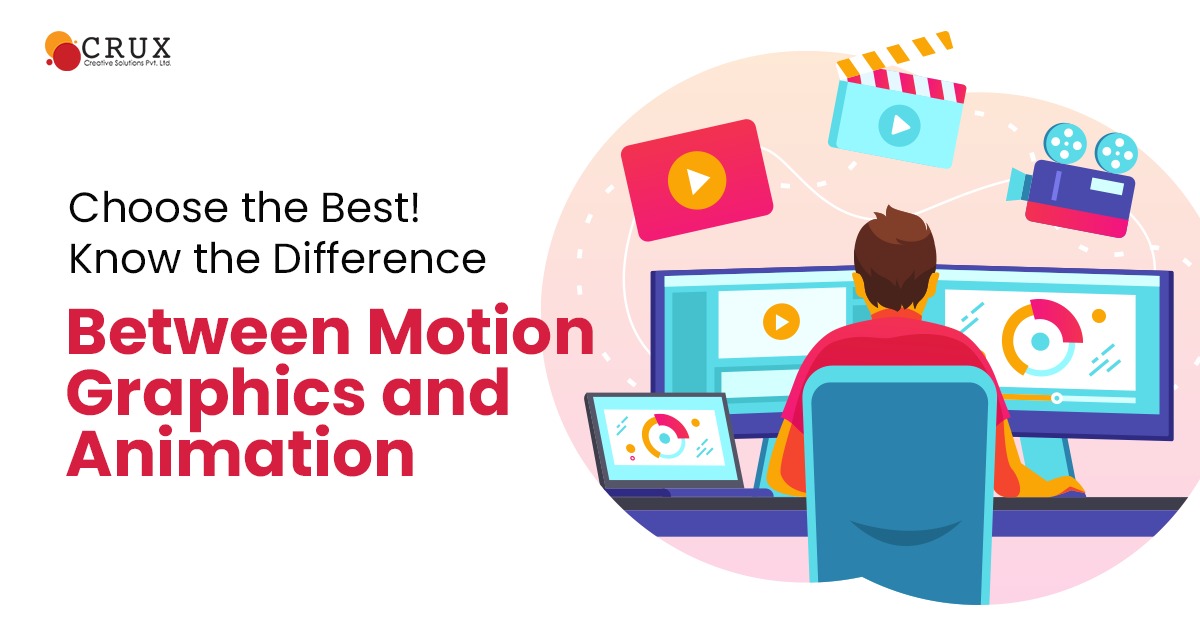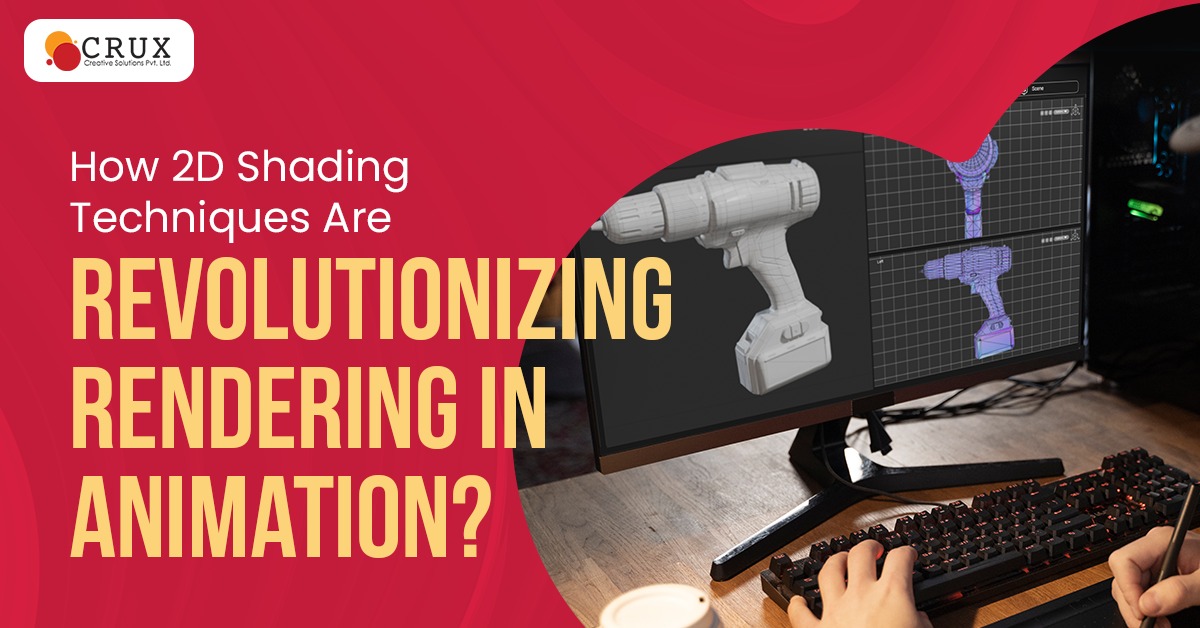
How to Fix the "Crawled – Currently Not Indexed" Issue in GSC – 6 Easy Steps!
The "Crawled - Currently Not Indexed" status in Google Search Console can be frustrating. It means Google has found your page but chose not to add it to search results. This hurts your visibility online. Let's look at how to fix this in 6 steps with the help of the best digital marketing agency in Gurgaon
6 Steps to Solve the “Not Indexed” Issue
Step 1: Check Your Content Quality
Google wants to show the best content to users. If your pages aren't indexed, they might not be good enough. Here's what to do:
Look at your content critically. Is it unique? Does it help readers? Compare it to top-ranking pages on the same topic.
To improve your content:
Use short paragraphs and subheadings. Break up long text. Quality matters more than quantity. One great page beats ten average ones.
Think about what your readers want to know. Answer their questions clearly. Provide information they can't easily find elsewhere.
Update your content regularly. Fresh content can help with indexing. Remove or update old, outdated information.
Consider different content types. Mix up text, images, and videos. This can make your pages more engaging.
Step 2: Fix Technical Issues
Technical problems can stop Google from indexing your pages. Check these things:
- Page Speed: Slow pages might not get indexed. Use Google PageSpeed Insights to check your site speed. It will suggest ways to make your site faster.
- Mobile-Friendliness: Google prefers mobile-friendly sites. Make sure your site works well on phones and tablets. Use Google's Mobile-Friendly Test tool.
- Robots.txt: This file tells Google which pages to crawl. Make sure it's not blocking important pages. You can check this in Google Search Console.
- XML Sitemap: This helps Google find your pages. Make sure it's up to date. Submit it in Google Search Console.
- Server Errors: Look for 404 or 500 errors. Fix these to help Google crawl your site better. Check your GSC Coverage report for errors.
- HTTPS: Use a secure HTTPS connection. Google prefers secure sites.
- Crawl Budget: Large sites might have crawl budget issues. Remove or noindex low-quality pages to focus on important ones.
Fixing these issues can often solve indexing problems quickly.
Step 3: Improve Your Site Structure
How your site is organized affects indexing. Google should easily find all your important pages. Here's what to do:
- Internal Linking: Link to your new pages from other pages on your site. This helps Google discover your content.
- Navigation: Make sure your site menu includes links to main pages. Keep it simple and clear.
- Depth: Keep important pages within a few clicks from the home page. Buried pages might not get indexed.
- Categories: Group similar content together. This helps Google understand your site.
- URL Structure: Use clear, descriptive URLs. Avoid long strings of numbers or characters.
- Breadcrumbs: Use breadcrumb navigation. It helps users and search engines understand your site structure.
A well-organized site is easier for both users and search engines to navigate.
Step 4: Build Quality Backlinks
Backlinks are links from other sites to yours. They're like votes for your content. Pages with good backlinks are more likely to be indexed. Here's how to get more:
- Create great content that people want to link to. Focus on being helpful or unique.
- Reach out to other site owners in your niche. Ask if they'd like to link to your content. Offer something valuable in return.
- Guest post on other blogs. Include a link back to your site.
- List your site in relevant directories. Choose quality directories related to your industry.
- Create shareable content like infographics or studies. People often link to these.
- Engage in your industry community. Answer questions on forums or social media. Include links where relevant.
Remember, quality beats quantity. A few good links work better than many low-quality ones.
Step 5: Use Google Search Console Tools
Google Search Console offers tools to help with indexing issues:
- URL Inspection Tool: See how Google views a specific page. You can request indexing for individual URLs here.
- Coverage Report: This shows which pages are indexed and which aren't. Look for patterns in non-indexed pages.
- Sitemaps: Submit your sitemap here. It helps Google find your pages.
- Removals: If you've removed content, use this to get it out of search results faster.
- Core Web Vitals: Check how your pages perform on important user experience metrics.
Use these tools regularly to monitor and improve your site's indexing.
Step 6: Be Patient and Persistent
Fixing indexing issues takes time. Google doesn't index new pages instantly. Here's what to remember:
- Give it time: After making changes, wait a few weeks to see results.
- Keep improving: Continue to create good content and build your site's authority.
- Monitor regularly: Check GSC often to track your progress.
- Don't overdo it: Requesting indexing too often can look spammy. Only do it for important pages.
- Stay consistent: Keep working on your site. Results will come with time.
Patience is key in SEO. Keep working on your site, and results will come.
Common Questions About "Crawled - Currently Not Indexed"
1. How long does it take for Google to index a page?
It can take days to weeks. There's no fixed time.
2. Does Google index all pages on a website?
No, Google doesn't index every page. It chooses pages it thinks are valuable.
3. Can I force Google to index my page?
You can't force indexing, but you can request it through GSC. Google still decides whether to index.
4. How many pages can I request indexing for per day?
Google limits this to a few hundred URLs per day. Focus on important pages.
5. Will paying for ads help get my pages indexed?
No, Google keeps ads and organic search separate. Paying won't affect indexing.
6. What if my page is still not indexed after trying everything?
Keep improving your site. Sometimes it just takes more time and effort.
7. Can noindex tags cause this issue?
Yes, check that you haven't accidentally no indexed important pages.
8. Does social media sharing help with indexing?
It can, indirectly. Social sharing can lead to more links and visibility. You can discuss more strategies for visibility with your SEO company in Gurgaon.
Additional Tips for Better Indexing
- Use header tags (H1, H2, etc.) correctly. They help Google understand your content structure.
- Optimize your images. Use descriptive file names and alt text.
- Create a clear content hierarchy on each page. Use main topics and subtopics.
- Avoid duplicate content. Make each page unique and valuable.
- Use schema markup. It helps Google understand your content better.
- Optimize your meta titles and descriptions. Make them clear and compelling.
- Ensure your content matches search intent. Give users what they're looking for.
- Use internal search data. See what users are looking for on your site.
- Create hub pages for main topics. Link to more specific pages from there.
- Regularly audit your content. Update or remove outdated pages.
Conclusion: Keep Working on Your Site
Fixing "Crawled - Currently Not Indexed" issues takes work. But with these steps, you can improve your chances:
- Create high-quality, valuable content
- Fix technical issues
- Improve your site structure
- Build quality backlinks
- Use Google Search Console tools
- Be patient and persistent
Focus on providing value to your users. Make your site the best resource in your niche. Google aims to show the best content to users. By being the best, you increase your chances of being indexed and ranked well.
Fix issues and get your website indexed with Crux Creative Solutions, your 360 360-degree marketing partner.
